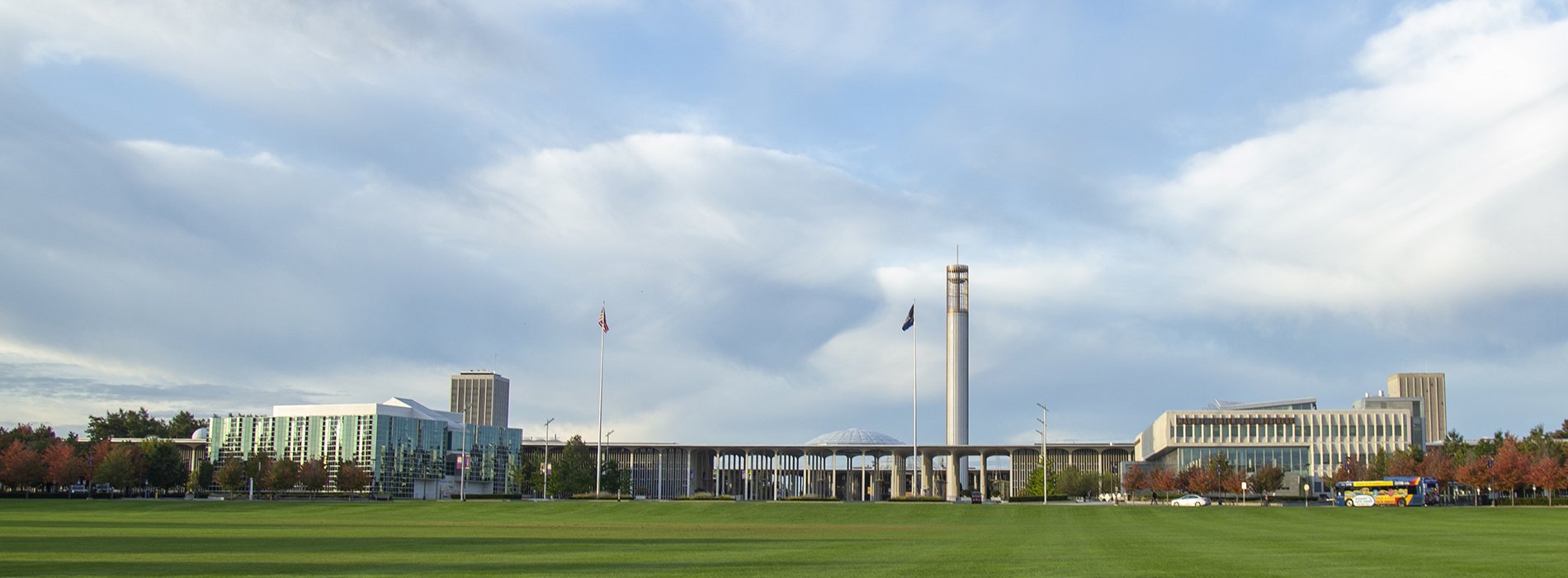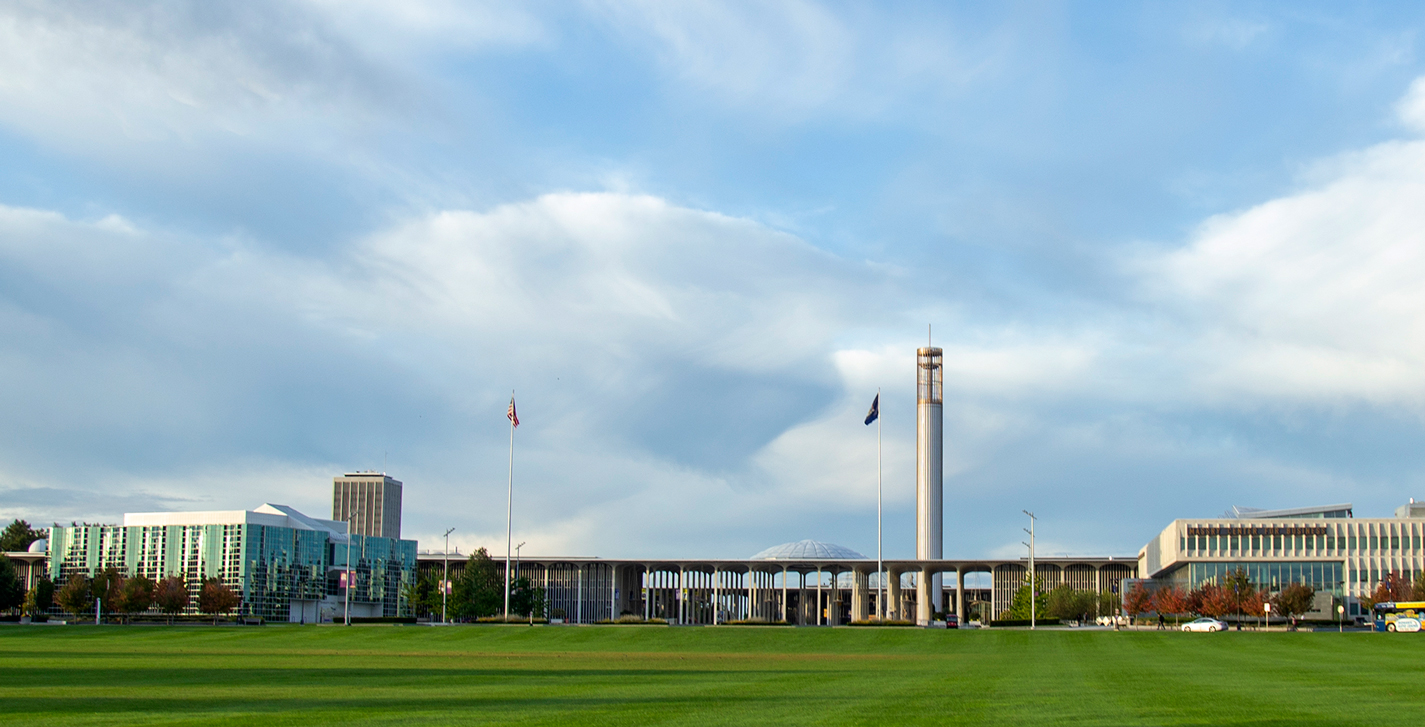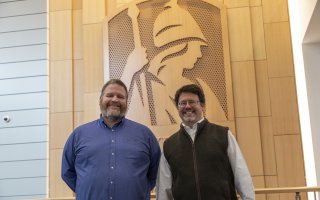
UAlbany Partners on New U.S. Artificial Intelligence Safety Institute Consortium
The consortium is made up of leaders in the AI community from academia, government agencies, tech companies, and non-profit organizations.
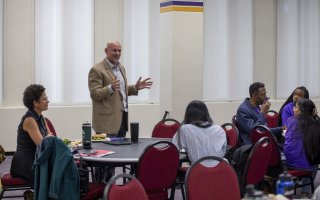
Introducing the Inaugural Director of the Institute for Social and Health Equity: A Q&A with Professor Paul Morgan
Professor Paul Morgan, inaugural director of UAlbany's Institute for Social and Health Equity, shares insights on the importance of studying health disparities, his path to this research area and what drew him to the University.
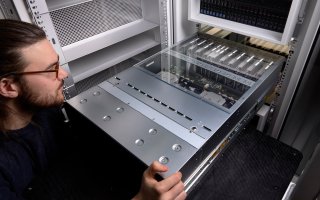
UAlbany to Install First Computing Cluster of IBM Prototype Artificial Intelligence Hardware on a University Campus
The University at Albany announced it will be the first academic institution in the world to receive the IBM AIU, a prototype computing cluster specially designed by IBM Research for artificial intelligence applications.
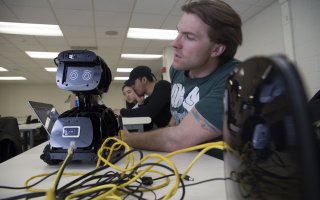
Celebrating Science with STEM and Nanotechnology Family Day
THeCollege of Nanotechnology, Science, and Engineering is welcoming students from throughout the Capital Region on Saturday, Feb. 10, to STEM and Nanotechnology Family Day, a place to learn about how nanotechnology is making a difference in our lives now and in the future.
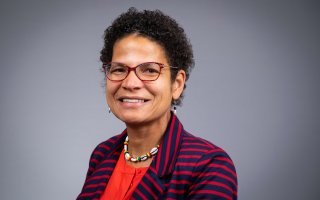
Advancing Research on Minority Health Disparities: A Q&A with CEMHD Director Elizabeth Vásquez
Vásquez embarks on first semester as director of UAlbany’s Center for the Elimination of Minority Health Disparities
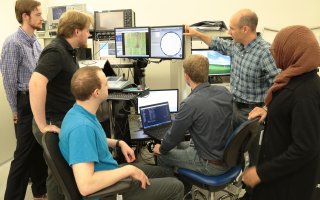
Q&A With CNSE’s Nate Cady: Why Everyone is Talking About Semiconductors
CNSE Professor and Associate Dean for Research Nathaniel Cady is leading UAlbany’s contribution to the Northeast Regional Defense Technology Hub, or NORDTECH, a $40 million consortium of universities, defense, and semiconductor manufacturing powerhouses announced in September as part of the Microelectronics Commons.
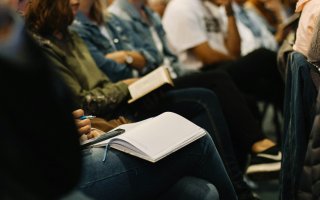
Study: Powerful Narrative Can Drive Policy Action, Cultural Change
A new study examines how disseminating largely false narratives around the issue of Critical Race Theory and public schools propelled people to demand bans on teaching CRT, influenced long-held political and cultural beliefs, and could have implications for the future of public education.



